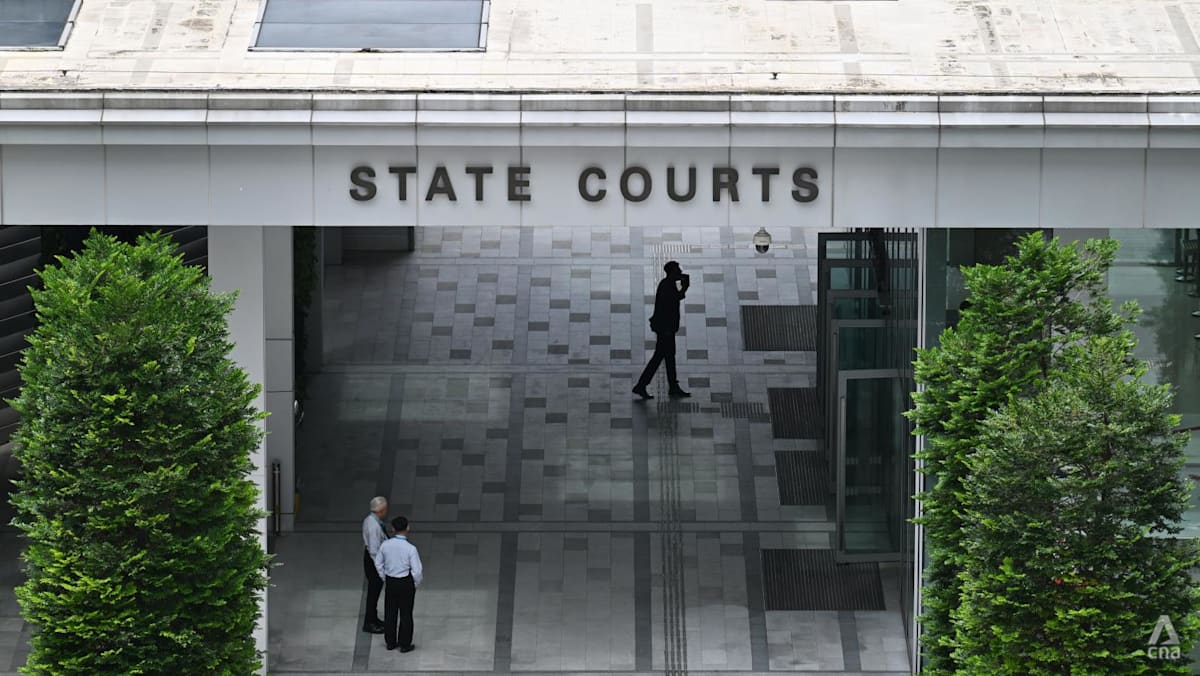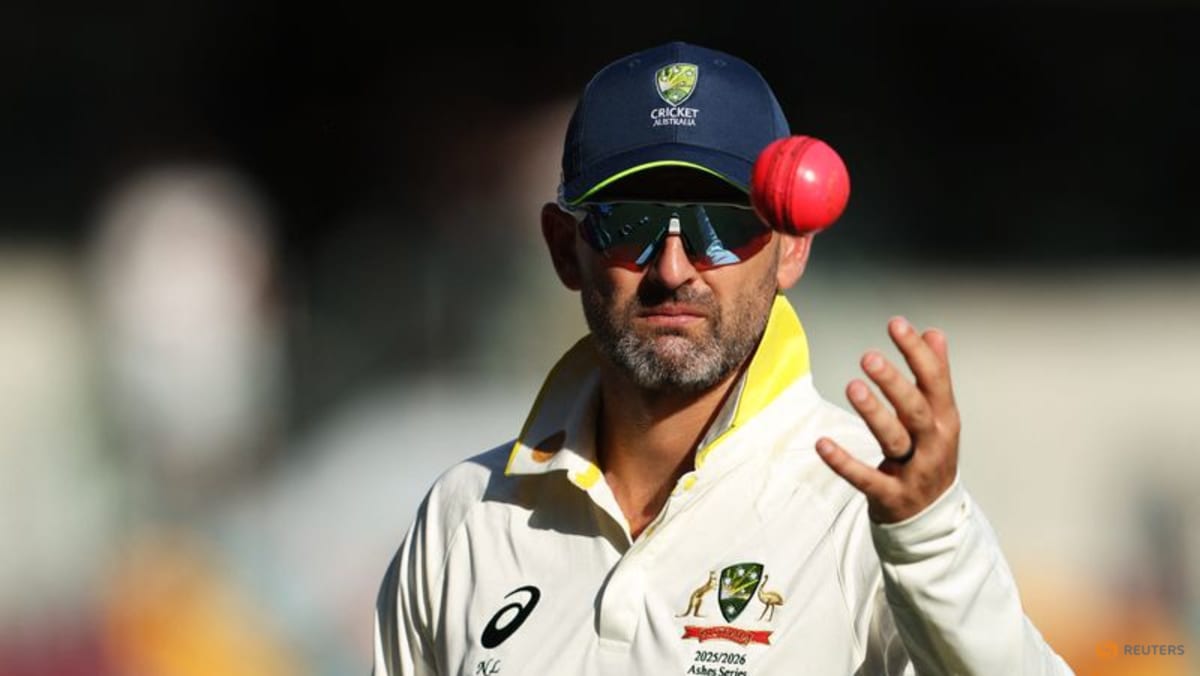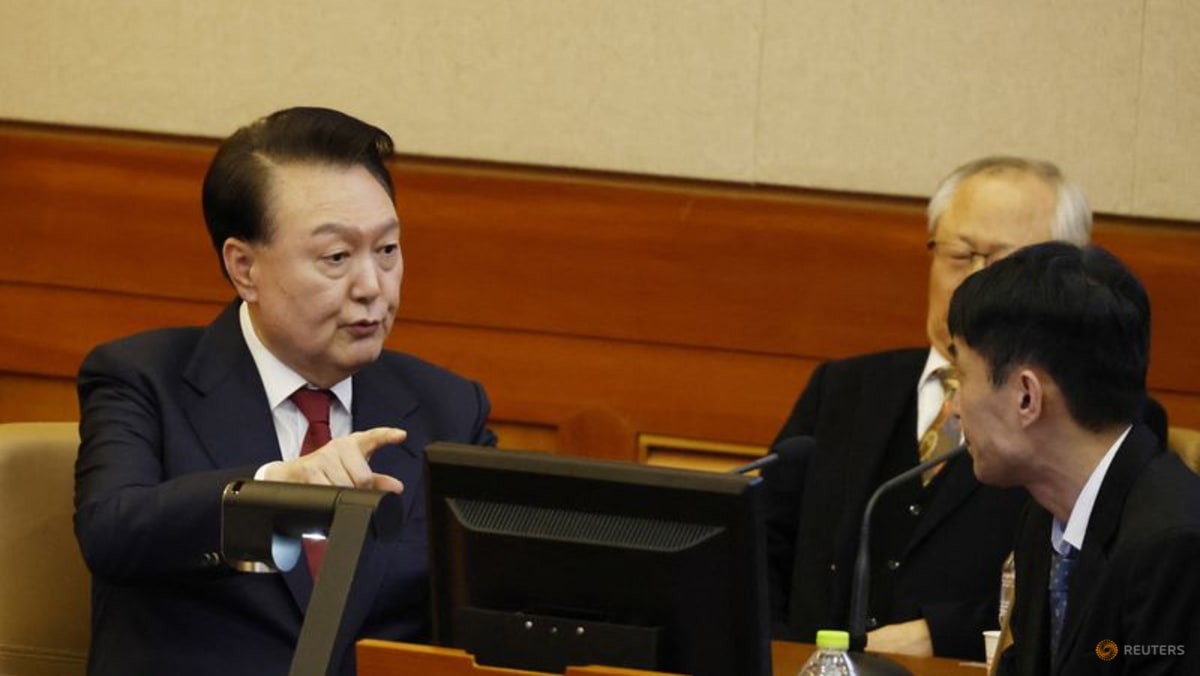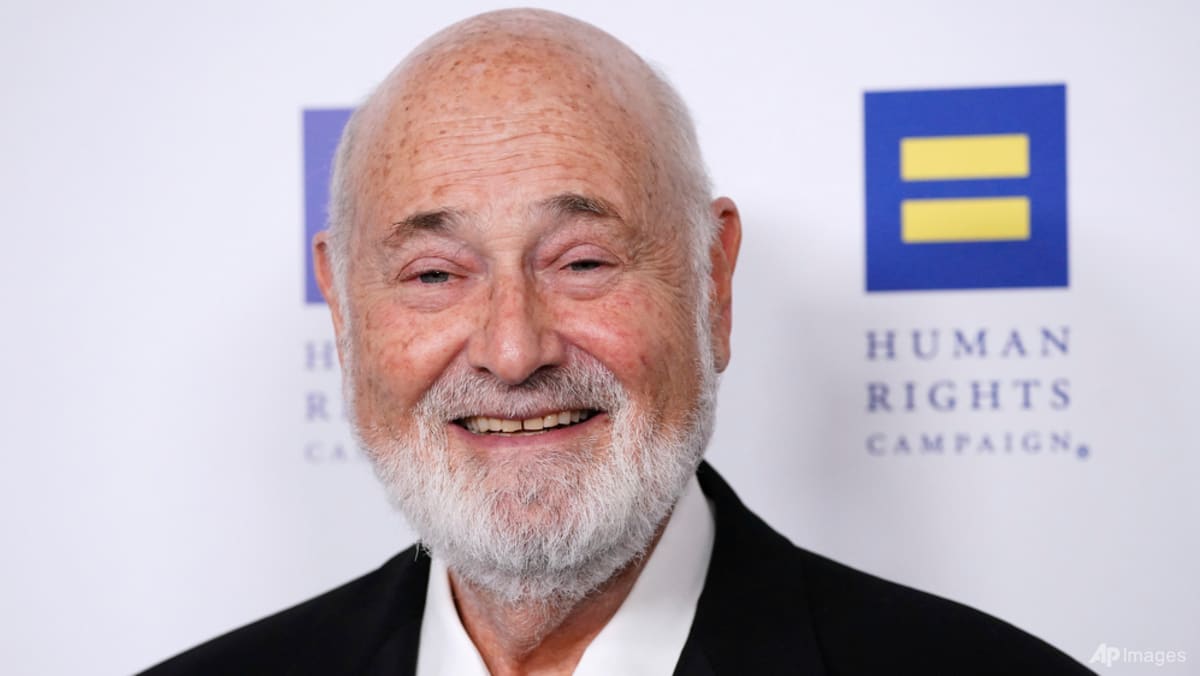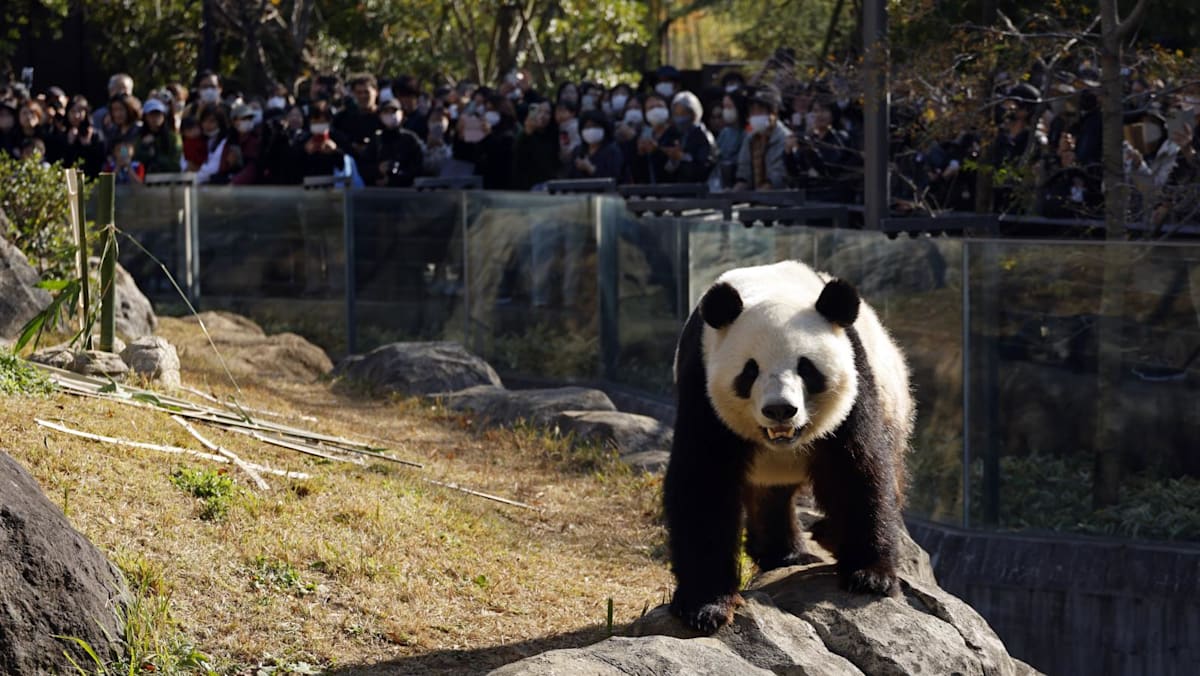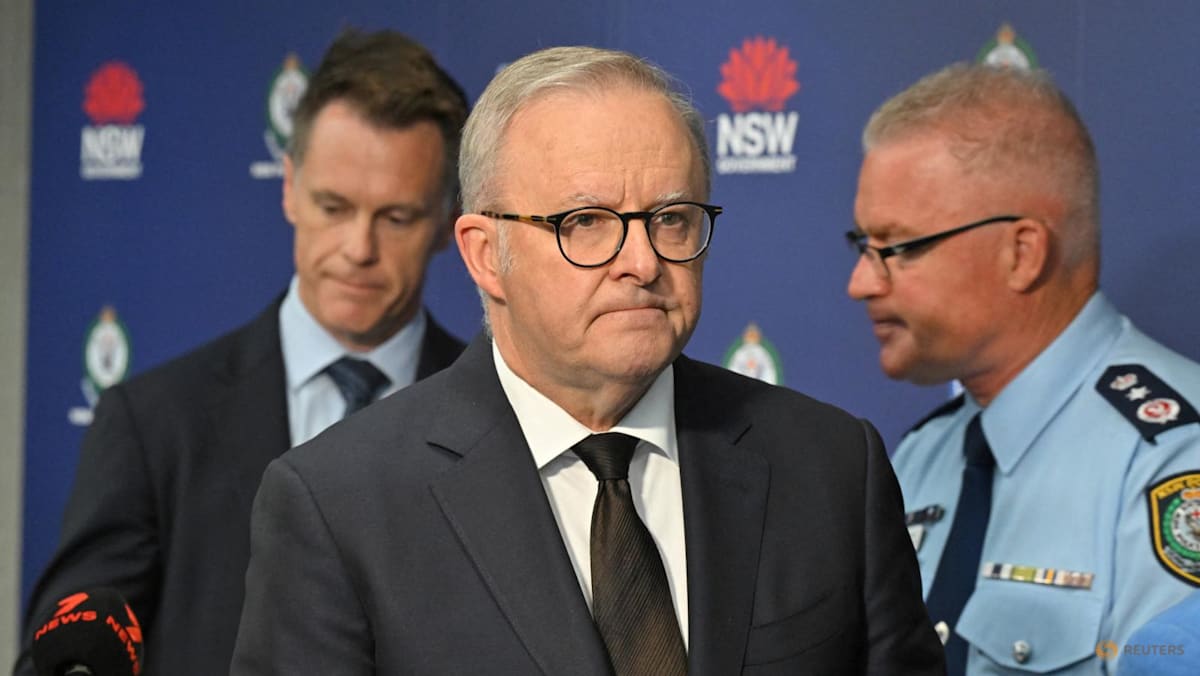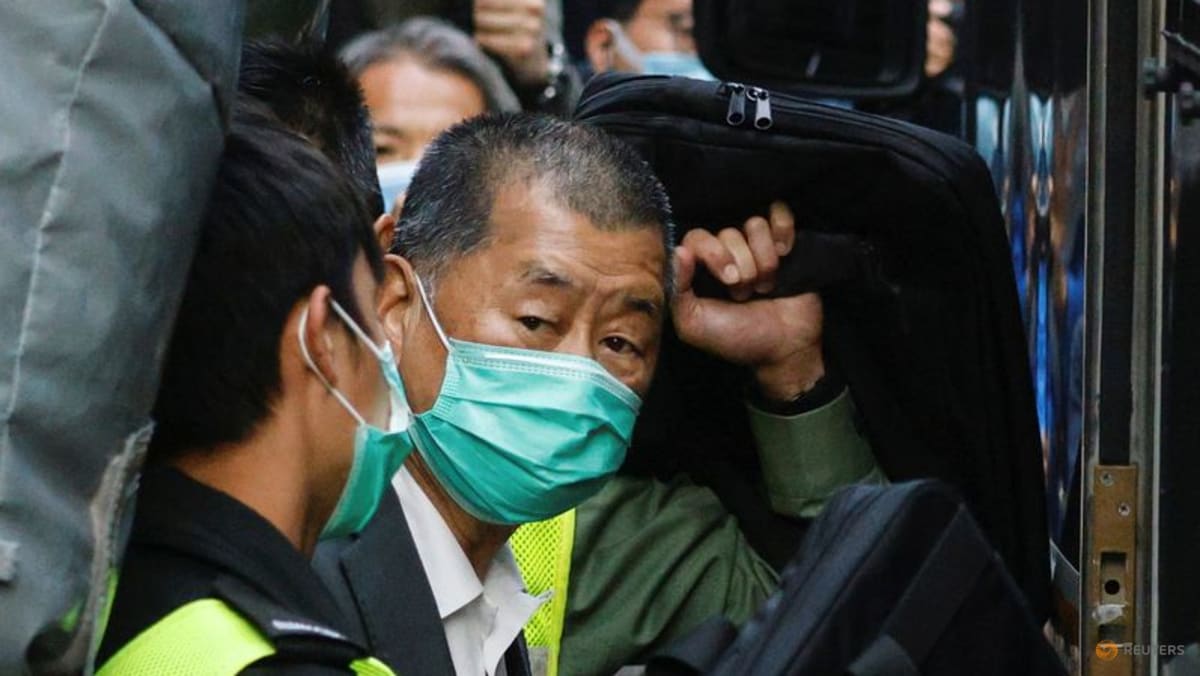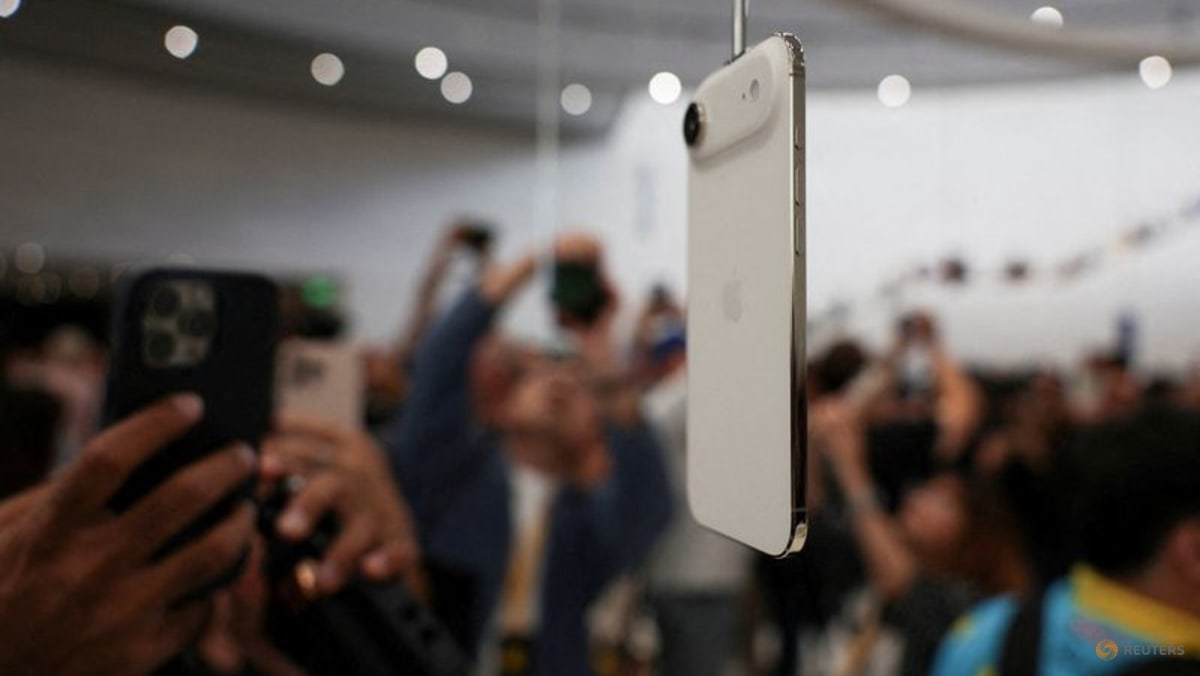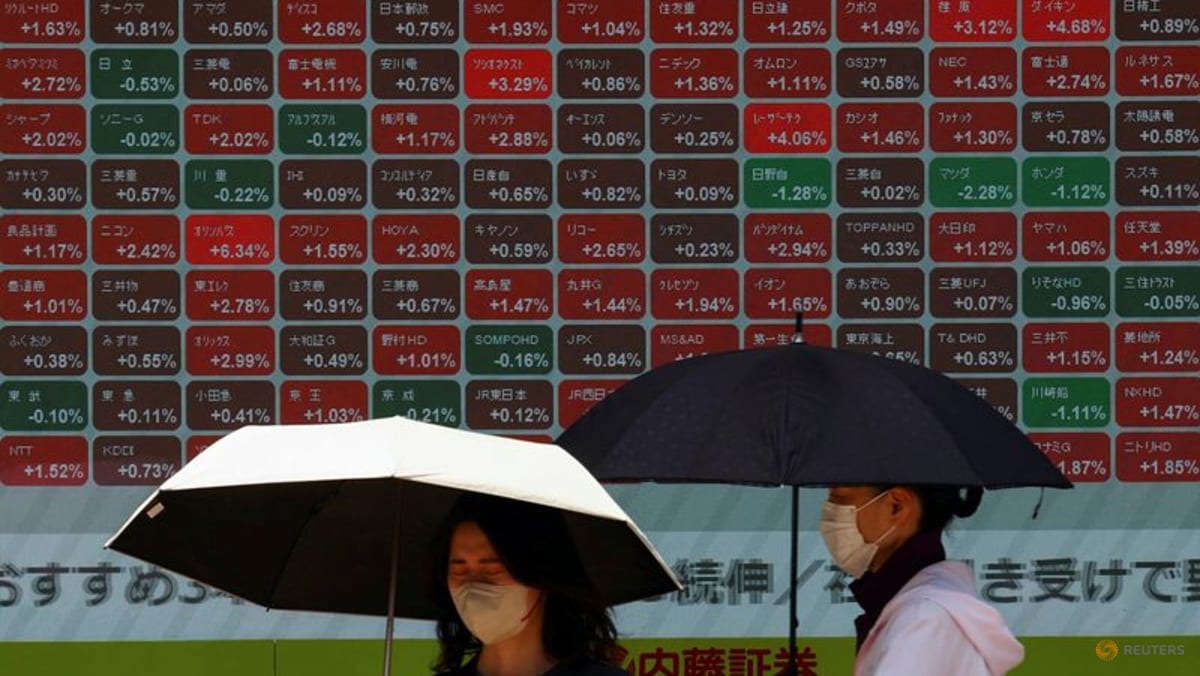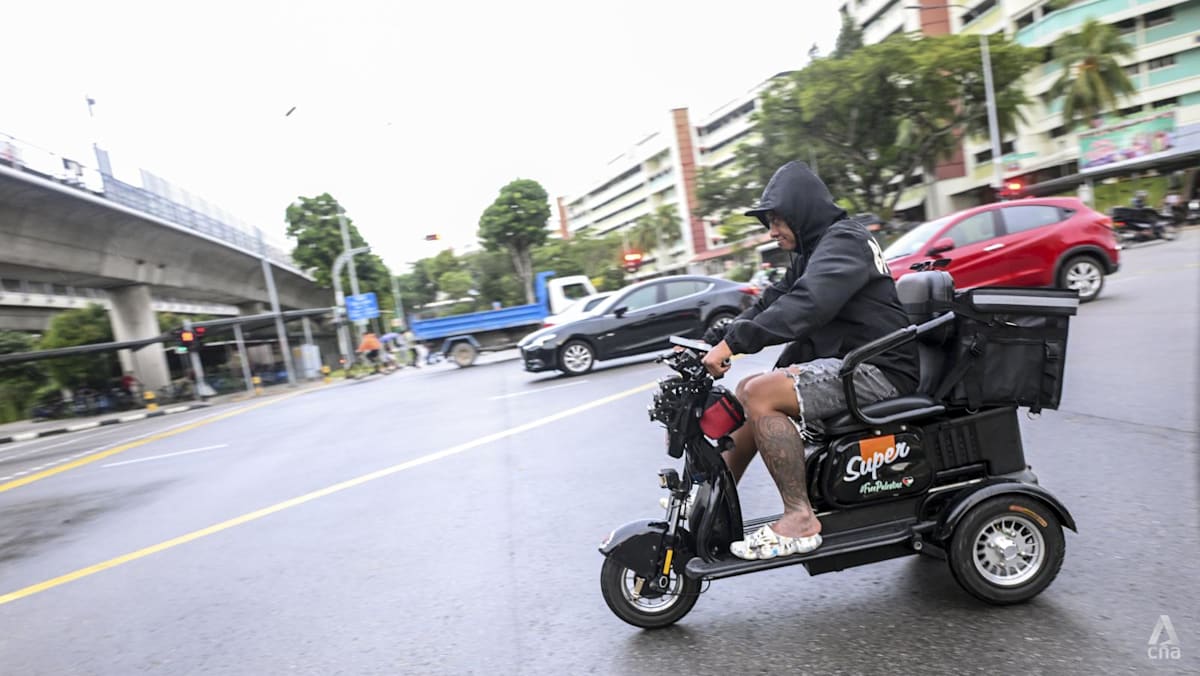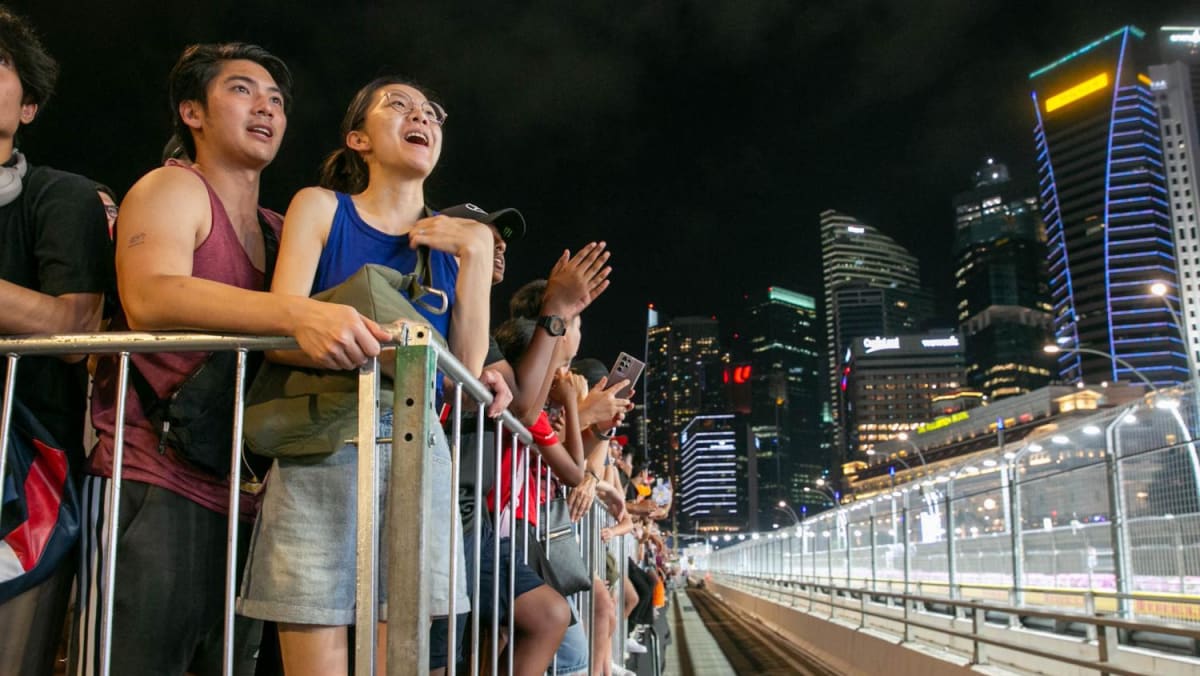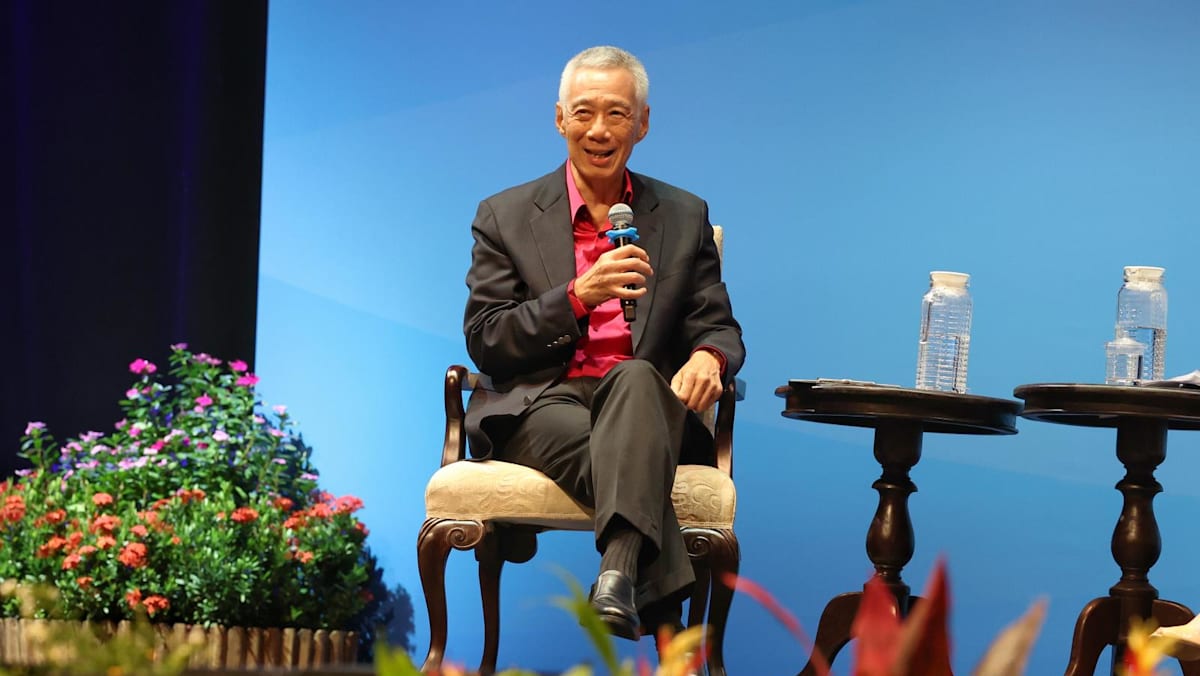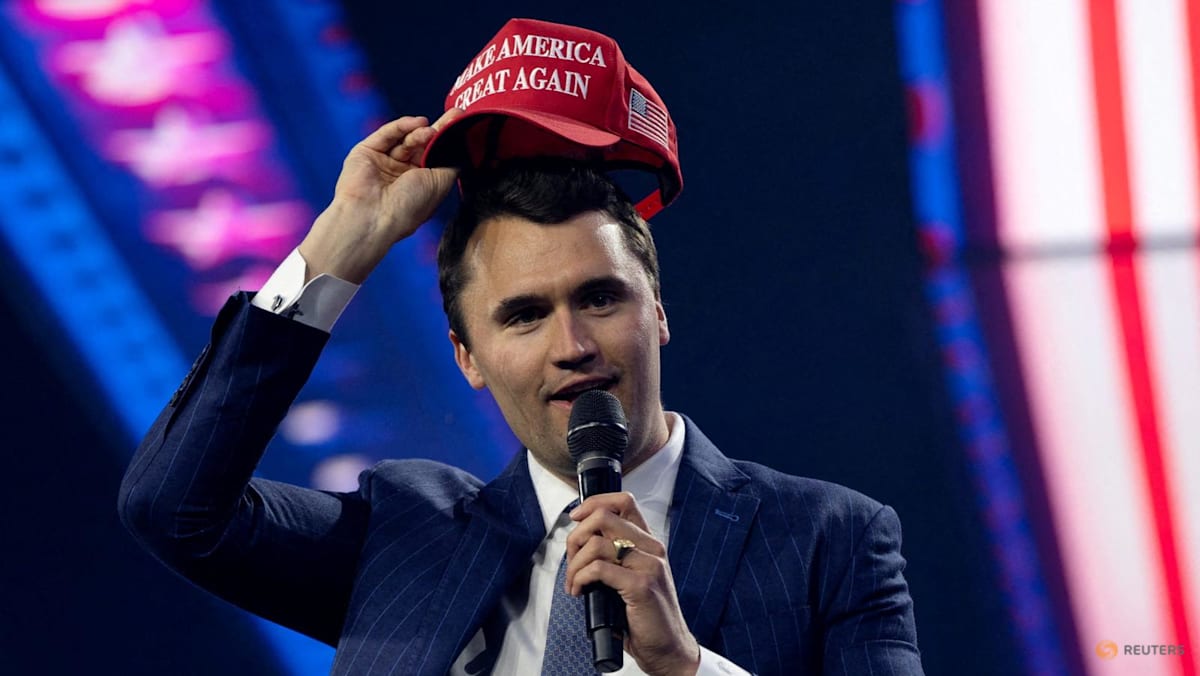SINGAPORE: As anti-government protests spread across the country, Indonesian President Prabowo Subianto turned to a time-tested political tool to diffuse a political crisis: He laid the blame on ministers in-charge and sacked them.
On Monday (Sep 8), the former military general showed the door to five ministers including long-serving finance minister Sri Mulyani Indrawati and Budi Gunawan, the coordinating minister for politics and security.
Ms Sri Mulyani was ostensibly sacked because the cause of the country-wide protests was her inability to control the rising cost of living. Mr Budi, the former head of domestic intelligence, lost his role because he failed to control the riots and violence – including the attack on the parliament building.
Mr Prabowo went into damage control mode last week as protests peaked after a police officer ran over and killed a 21-year-old delivery rider in Jakarta. In a public address to the nation, the president apologised for the police’s high-handedness; he even went to the victim’s house to offer condolences.
On the political front, the government also withdrew the extra pay and allowances for lawmakers which sparked the initial protests and led to a perception that lawmakers, including the president, were out of touch with ordinary Indonesians.
Yet the damage was done. Less than a year into his five-year term, Mr Prabowo faces his most daunting political challenge. To recover will require painful trade-offs, well beyond sacking ministers.
PRABOWO’S LEGACY AT STAKE
The former general has long sought to lead Indonesia. His time finally came last year when he won the presidential election and formed a big-tent coalition government with a promise to transform Indonesia.
His campaign promised free meals for children, higher spending on defence, building infrastructure, attracting foreign investments and growing exports. All this while still retaining fiscal prudence. The logic went that if the economy could grow by as much as 8 per cent annually, Indonesians would feel prosperity in their pockets and Mr Prabowo would be a national hero.
Ambition and reality have clashed within the first year of his administration. In the annual budget announced last month, the government said it expects the economy to grow by 5.4 per cent in 2026. The government will also raise new sources of revenue to fund growing expenditure. With the external economic environment uncertain, Indonesia will have to rely more on its own resources to realise Mr Prabowo’s ambitions.
The groundbreaking free meals for 83 million children to reduce malnutrition and stunting will cost more than US$21 billion annually. Many applauded the intent but questioned how Indonesia will fund it without sacrificing fiscal stability. Yet it is off the ground, partly thanks to Ms Sri Mulyani who cut spending and raised revenue to assure financial markets that the programme could be funded without causing a fiscal crisis.
However, her actions planted the seeds of discontent. As she took a scalpel to government spending and raised new taxes, ordinary Indonesians began to grumble. And when Indonesian lawmakers chose to give themselves generous raises and allowances, the discontent crossed into protests.
Mr Prabowo sees himself as a leader of ordinary Indonesians. Yet his political instincts failed him when he needed them most.
REGAIN LEGITIMACY
Indonesian stocks fell by 1.3 per cent while the rupiah slipped 1.1 per cent against the US dollar after the Cabinet reshuffle was announced.
The market reaction is understandable. Mr Prabowo has replaced veteran finance minister Ms Sri Mulyani with relative newbie Purbaya Yudhi Sadewa. Mr Purbaya is an economist by training with experience in both government and the financial sector, and is likely to be more aligned to Mr Prabowo’s vision than his predecessor was.
Markets will want to see him remain fiscally prudent. Yet Indonesians will want to see relief from rising cost and stagnant wages.
Mr Purbaya can manage the economy and the competing demands of spending and prudence. But managing politics and soothing the public’s anger will rest on the president’s shoulders.
Mr Prabowo has the political skills to rally his nation. He has broad support across the political spectrum and a vision that Indonesians are broadly aligned with. Less than a year into his five-year term, he can’t afford to be a lame duck president.
Hasan Jafri is a Singaporean analyst who advises clients on political and policy risk.

